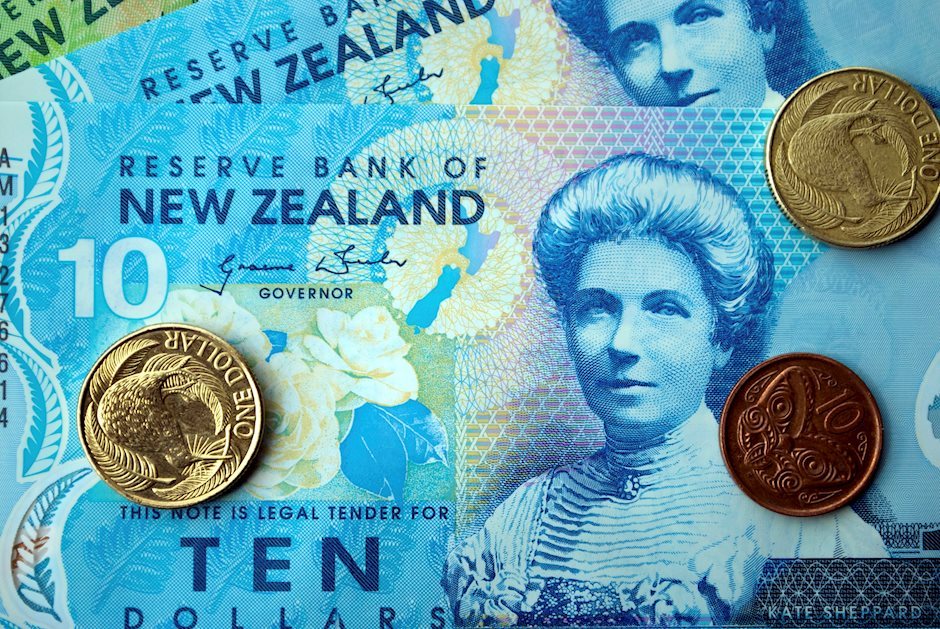NZD/USD slides towards 0.6155 following strong US data
- After jumping to a high of 0.6218, the NZD/USD retreated to 0.6155 as bulls struggle to gain momentum.
- ADP and ISM Services PMI came in above expectations.
- Hawkish bets on the Federal Reserve made the 2-year yield jump to their highest level since 2007.

The NZD/USD pared daily gains and fell towards the 0.6155 area as expectations of further tightening by the Federal Reserve (Fed) underpined the USD. In that sense, the hot ADP figures and strong Service sector data from the US favored a more aggressive stance by the Fed.
The latest Employment Change report from Automatic Data Processing (ADP) revealed that the US economy added 497K new jobs in June, surpassing expectations of 228K and showing an increase from the previous month's figure of 278K. In addition, the Institute Supply Management (ISM) reported that its Service PMI came in at 53.9 vs the 51 expected and accelerated from its previous figure of 50.3.
The release of the data caused a significant surge in US Treasury yields. The 2-year bond yield reached its highest level since 2007, rising to 5.08%. Likewise, the 5-year and 10-year rates increased to 4.40% and 4.03%, respectively, showing gains of over 2.50%. This spike in yields contributed to a recovery of the US Dollar, as reflected in the DXY Index. After hitting a daily low of 102.87, which aligned with its 20-day Simple Moving Average (SMA), the index rebounded to 103.25, although it remains in negative territory.
On Friday, investors will eye the release of the Nonfarm Payrolls (NFP) report for June in the US anticipated to show an increase in payrolls of 225K, after last month's figure of 339K.
On New Zealand’s side, the gloomy economic outlook means the Kiwi is losing interest. United Overseas Bank (UOB) said the economy has entered a technical recession as the Gross Domestic Product (GDP) contracted by 0.1% QoQ in the first quarter of 2023, significantly lower than the Reserve Bank of New Zealand (RBNZ) expectations. It's worth noting that in Q4 of 2022, a 0.7% contraction was recorded, so consecutive GDP contractions is considered an indication of a technical recession.
NZD/USD Levels to watch
The technical outlook for the NZD/USD, according to the daily price chart, is neutral with a slightly bearish tone, with technical indicators somewhat flat in negative territory. The 20, 100 and 200-day SMA converge towards the 0.6200 area still suggesting that the pair is waiting for a fundamental catalyst to define the short-term trajectory.
Support Levels: 0.61350, 0.6100,0.6090.
Resistance Levels: 0.6160 (20-day SMA), 0.6170 (200-day SMA), 0.6190 (100-day SMA).
NZD/USD Daily chart
-638242684795574835.png&w=1536&q=95)
Author

Patricio Martín
FXStreet
Patricio is an economist from Argentina passionate about global finance and understanding the daily movements of the markets.

















